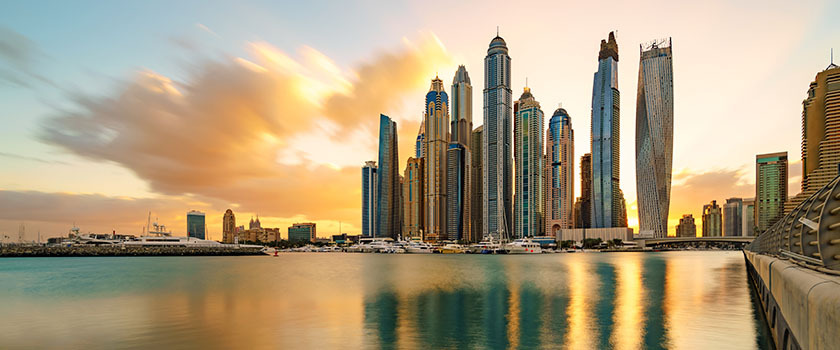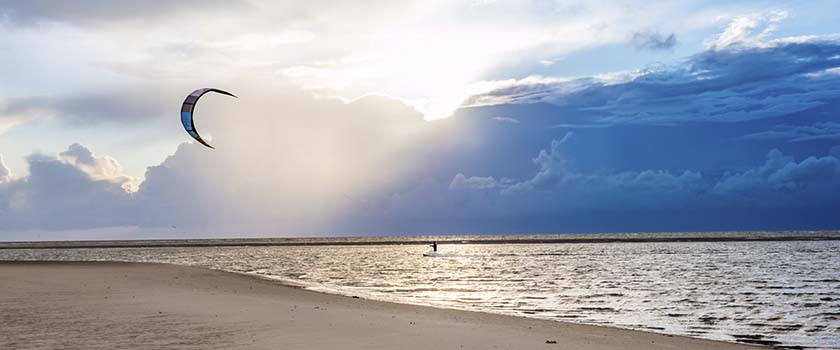The concept of return on natural capital is rapidly gaining ground among investors.
At its heart lies the realisation that nature is an asset of measurable value, like infrastructure and human capital. Indeed, similarly to the way diversification among asset classes is used in portfolio management to reduce risk, i.e. avoid loss of value, biodiversity reduces the risk of degradation of our environment, that is to say the risk of loss of nature’s value.
As one in five species on Earth is threatened by extinction, real progress in the conservation of nature can only be achieved by focusing on those initiatives that promise the highest return for the environment. Indeed, Dr. Mike Maunder, Executive Director of the Cambridge Conservation Initiative (CCI), pointed out at a recent event of the Europe Engagement Series that
“restoring just 10% of the world’s degraded land in key areas could prevent up to 60% of the expected extinction of species.”
This is why the CCI advocates placing nature at the heart of decision-making processes with a view to fostering biodiversity and allowing nature to recover where it is most critical for the survival of animal species.
The host of the event Adrian Künzi, UBP’s CEO Zurich & Head of Wealth Management European Markets and Cambridge alumnus, echoed Dr. Maunder’s remarks by stating that

“The conservation of nature is one of the biggest global challenges of our time”.
UBP is a member of Cambridge University’s ‘Investment Leaders Group’, a select network of pension funds, insurers and asset managers committed to advancing the practice of responsible investment. Partnerships such as this between academia and investment managers contribute to spreading the awareness that finance and the planet’s natural resources are closely linked. Indeed, arguably every investment decision has a direct or indirect effect on the state of the natural world, and responsible and sustainable financial decisions can go a long way in helping to restore vital ecosystems.
In conclusion, the positive impact that investments can have on nature, measured by a high positive return on natural capital, is as important as the return on capital, and together with it represents the key to moving towards a sustainable economy.








